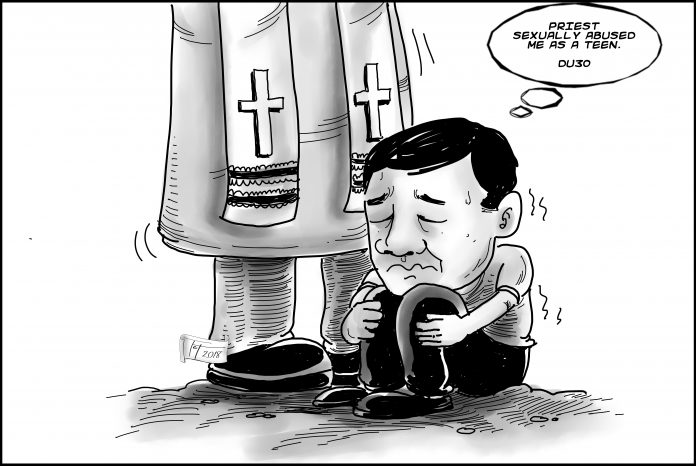
BARANGAY officials elected on May 14 officially assumed office yesterday, June 30. The barangay is the smallest administrative division in the Philippines but that is not to say it is insignificant. As the basic political unit, the barangay serves as the primary planning and implementing unit of government policies, plans, programs, projects, and activities in the community, and as a forum wherein the collective views of the people may be expressed, crystallized and considered, and where disputes may be amicably settled.
Now that’s a lot of job, right? Allow us to suggest one thing barangay officials can do effectively, efficiently and with maximum benefit not only to ordinary folks but to the whole country if collectively done – the active enforcement of Republic Act (RA) 9003, or the Ecological Solid Waste Management Act. Imagine if all 42,044 barangays in this archipelago observe this law faithfully.
The honest-to-goodness enforcement of RA 9003, as well as related ordinances, hinge on the political will of local leaders to put into action the basic requirements of ecological solid waste management. Our barangay leaders can put the genuine implementation of RA 9003 at the center of their environmental and health programs, which also has the potential of creating recycling-based livelihoods and enterprises. They can start by conducting a quick evaluation of existing solid waste management plans upon their assumption of office with the goal of improving waste prevention, reduction and diversion strategies, and targets with broad community participation.
RA 9003 requires a comprehensive ecological approach to managing municipal solid waste via waste prevention, reduction, source separation, reuse, recycling and composting, excluding waste incineration. The barangay, the frontline of the government, is further required under RA 9003 to develop an ecological solid waste management program, promote waste segregation, implement a segregated collection for biodegradable and non-biodegradable discards, and set up Materials Recovery Facilities (MRFs).
To date, only 8,807 MRFs have been established servicing only 10,745 barangays, according to the National Solid Waste Management Commission. Functional MRFs at the barangay level can help a lot in promoting ecological awareness and responsibility among waste generators, and in facilitating the efficient and environmentally sound sorting, processing and storage of compostable and recyclable discards such as paper, glass, plastic, metal, etc.
Moreover, the barangay also has a crucial job in ensuring strict compliance with acts prohibited and punishable under RA 9003, including littering, open dumping, and open burning.
If all barangays can do this, the Philippines will truly be a clean and green country.

